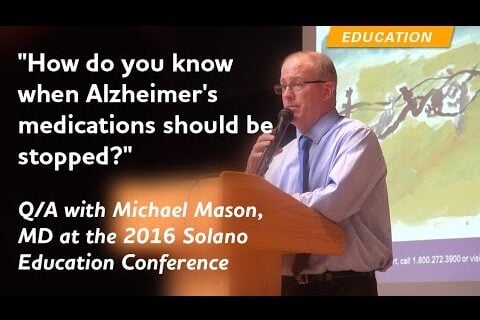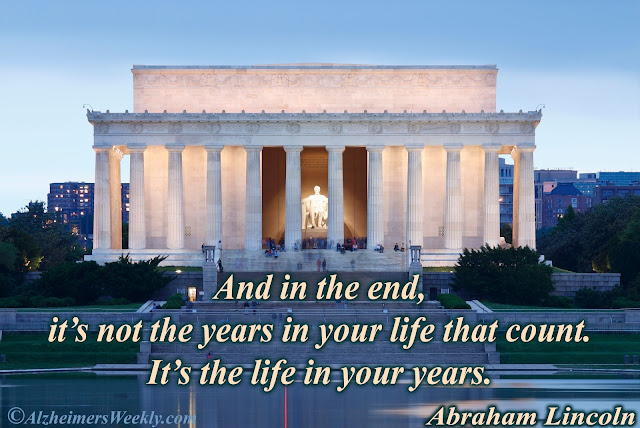Various factors are known to be linked to the development of Alzheimer’s disease, including older age, underlying medical conditions, genes, impaired cognition, and depression.
Now, European researchers are taking a close look at the important issue of loneliness. They defined loneliness and social isolation as living alone, not having a partner/spouse, and having few friends and social interactions. Understanding the potential impact is more important than ever, with the rise of single households and an aging population. (Continued below video…)
Researchers tracked the long term health and well-being of more than 2000 people with no signs of dementia and living independently for three years.
The results of the research study were published online in the Journal of Neurology Neurosurgery and Psychiatry.
All the participants were taking part in the Amsterdam Study of the Elderly (AMSTEL), which looked at the risk factors for depression, dementia, and higher than expected death rates among the elderly.
“Do You Feel Lonely?”
At the end of this period, the mental health and wellbeing of all participants was assessed using a series of validated tests. They were also quizzed about their physical health, their ability to carry out routine daily tasks, and specifically asked if they felt lonely. Finally, they were formally tested for signs of dementia.
At the start of the monitoring period, around half (46%; 1002) the participants were living alone and half were single or no longer married. Around three out of four said they had no social support. Around one in five (just under 20%; 433) said they felt lonely.
Double the Rate of Dementia
Among those who lived alone, around one in 10 (9.3%) had developed dementia after three years compared with one in 20 (5.6%) of those who lived with others.
Among those who had never married or were no longer married, similar proportions developed dementia and remained free of the condition.
But among those without social support, one in 20 had developed dementia compared with around one in 10 (11.4%) of those who did have this to fall back on.
And when it came to those who said they felt lonely, more than twice as many of them had developed dementia after three years compared with those who did not feel this way (13.4% compared with 5.7%).
Further analysis showed that those who lived alone or who were no longer married were between 70% and 80% more likely to develop dementia than those who lived with others or who were married.
And those who said they felt lonely were more than 2.5 times as likely to develop the disease. And this applied equally to both sexes.
Independent Influence of Loneliness on Dementia
When other influential factors were taken into account, those who said they were lonely were still 64% more likely to develop the disease, while other aspects of social isolation had no impact.
“These results suggest that feelings of loneliness independently contribute to the risk of dementia in later life,” write the authors.
“Interestingly, the fact that ‘feeling lonely’ rather than ‘being alone’ was associated with dementia onset suggests that it is not the objective situation, but, rather, the perceived absence of social attachments that increases the risk of cognitive decline,” they add.
They suggest that loneliness may affect cognition and memory as a result of loss of regular use, or that loneliness could itself be a sign of emerging dementia, and either be a behavioral reaction to impaired cognition or a marker of undetected cellular changes in the brain.












I feel lonely, my Mom has dementia, i have no siblings,no children,i have my husband,but he works,i am disabled..I feel lonely and disconnected. I used to work with 20 seizures a month. I played lots of sports..Now my back and body are stopping me from doing many things..I am now seizure free,but am always feeling lonely and useless…I am scared of being alone.
Yes, I agree, loneliness. If more people would consider antidepressants I believe that would change much for them.
Loneliness!!!
Which comes first? Alzeimer's or loneliness?
Joseph E. Thomas.
Hi Joseph,
My mother told me once it's better to be alone by yourself, than alone in a relationship. With those words and being married to my dad who worked a lot and was too exhausted or anxious to go out and engage with her, I believe she was talking about herself. My mom did in fact, develop Alzheimer's. Even with social media today, I feel we are more disconnected than ever because of the low quality of these relationships today and being for the most part such an individualistic society. Maybe multigeneratonal households should be brought back.